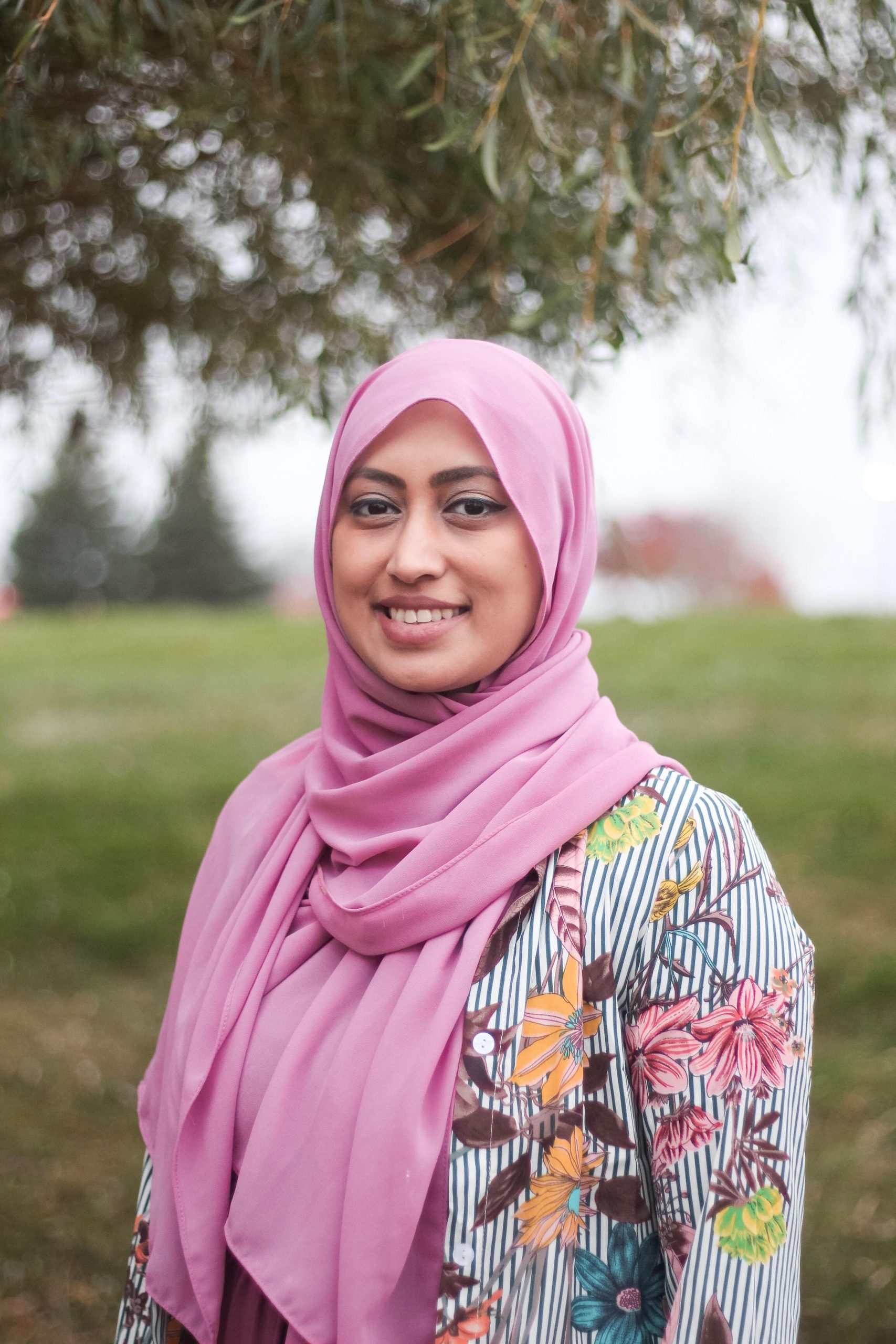Wayne State University’s College of Nursing trains over 600 people in Mental Health First Aid
Nargis Rahman December 31, 2024The training creates sustainable solutions for communities in need, says WSU associate professor Dr. Cynthera McNeill.

Wayne State University’s College of Nursing trained about 600 people in Mental Health First Aid through a $1.5 million grant in the past three years.
Dr. Cynthera McNeill is an associate professor and director of the adult gerontology nurse practitioner program at WSU’s primary care program. She says the program initially started by adding mental health care providers in two Detroit primary care clinics to help connect people to resources and break the stigma of getting mental health care.
“A lot of mental health facilities had since closed due to funding or for whatever reason, and that mental health access was not readily accessible,” she said, with the grant rolling out during the pandemic.
People were also trained in Mental Health First Aid, or as McNeill described it, “the ability to equip community-based organizations with the actual tools to be able to identify mental health concerns early in certain populations, and then be a bridge to that person getting mental help or mental assistance.”
McNeill says the training is like CPR, allowing people to identify symptoms, intervene, and connect them with resources, such as therapists.
“We initially trained 26 community leaders in Mental Health First Aid as a trainer. So that’s a separate training,” she said. “We trained the trainers first, and then the trainers then went into their communities, and collectively, to date, we trained over 600 individuals.”
The College of Nursing received an additional $600,000 grant from the U.S. Department of Health and Human Services Office of Minority Health this year to work with Middle Eastern North African (MENA) and African American communities to address colorectal cancer screening and opioid overdose prevention.
“For the opioid piece, we have incorporated and continue with the Mental Health First Aid, because the Mental Health First Aid does cover substance use,” she said.
She says the training creates sustainable solutions for communities in need.
“I am a strong believer that we need to really start to embrace equipping our communities with the skills that they need in order to implement and sustain interventions, and leveraging the community-based organizations — the entities that are the experts in their population of interest,” McNeill said.
She says the program allows communities to sustain themselves by training others and working with trusted resources within the community.
“They can continue to offer this to their people and to be able to make an impact in their communities,” McNeill said.
Author
-
 Nargis Hakim Rahman is the Civic Reporter at 101.9 WDET. Rahman graduated from Wayne State University, where she was a part of the Journalism Institute of Media Diversity.
Nargis Hakim Rahman is the Civic Reporter at 101.9 WDET. Rahman graduated from Wayne State University, where she was a part of the Journalism Institute of Media Diversity.

